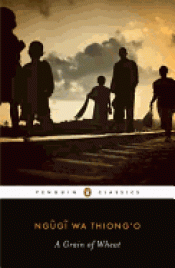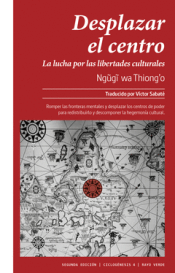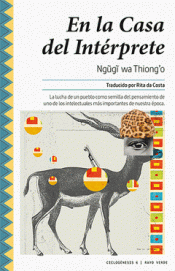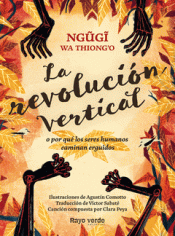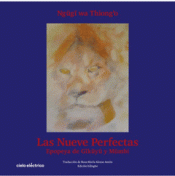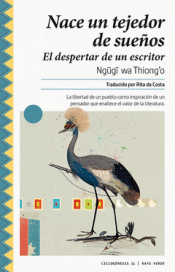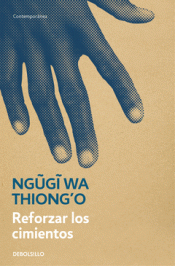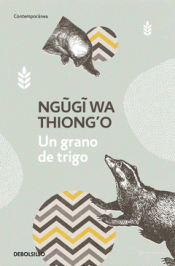Brilliant thoughts on modern African literature and postcolonial literary criticism from one of the giants of contemporary letters
"One of the greatest writers of our time." -Chimamanda Ngozi Adichie, bestselling author
Ngugi wa Thiong'o is a towering figure in African literature, and his novels A Grain of Wheat; Weep Not, Child; and Petals of Blood are modern classics. Emerging from a literary scene that flourished in the 1950s and '60s during the last years of colonialism in Africa, he is now known not just as a novelist--one who, in the late '70s, famously stopped writing novels in English and turned to the language he grew up speaking, Gikuyu--but as a major postcolonial theorist.
In Decolonizing Language and Other Revolutionary Ideas, Ngugi gives us a series of essays that build on the revolutionary ideas about language and its constructive role in national culture, history, and identity that he set out in his earlier work--illuminating the intrinsic importance of keeping intact and honoring these native languages throughout time.
Intricate and deeply nuanced, this collection examines the enduring power of African languages in resisting both the psychic and material impacts of colonialism, past and present. These themes are elucidated through chapters on some contemporaries of Ngugi wa Thiong'o, including Chinua Achebe, Micere Githae Mugo, and Wole Soyinka--each offering a distinct lens on the liberatory potential of language.
A brave call for discourse and immensely relevant to our present moment, Decolonizing Language and Other Revolutionary Ideas works both as a wonderful introduction to the enduring themes of Ngugi's work as well as a vital addition to the library of the world's greatest and most provocative living writers.
DECOLONIZING LANGUAGE AND OTHER REVOLUTIONARY IDEAS
AUTOR/A
THIONG´O, NGUGI WA
Ngugi wa Thiong?o nació en 1938 en Kenia en el seno de una numerosa familia campesina. Novelista, ensayista, dramaturgo, periodista, editor, conferenciante y profesor universitario, ha desarrollado además una importante labor como activista político y social. La publicación de Petals of Blood (1977), un fresco crítico acerca del régimen poscolonial del país, provocó su encarcelamiento. En prisión decidió abandonar el inglés y escribió en kikuyu, su lengua natal, la novela Caitani Mutharabaini (1982). El acoso político y las dificultades para continuar trabajando en su país motivaron su exilio. Su siguiente novela, Matigari (1986), fue prohibida en Kenia. En Londres trabajó estrechamente con el Comité por la Liberación de los Prisioneros Políticos de Kenia. En 2004, tras la dictadura de Moi, trató de instalarse de nuevo en su tierra, pero fue torturado brutalmente junto con su esposa. En la actualidad es profesor de Literatura Inglesa Comparada y director del Centro Internacional de Escritura y Traducción de la Universidad de California. El brujo del cuervo, su novela más reciente, ha recibido una excelente acogida crítica.





